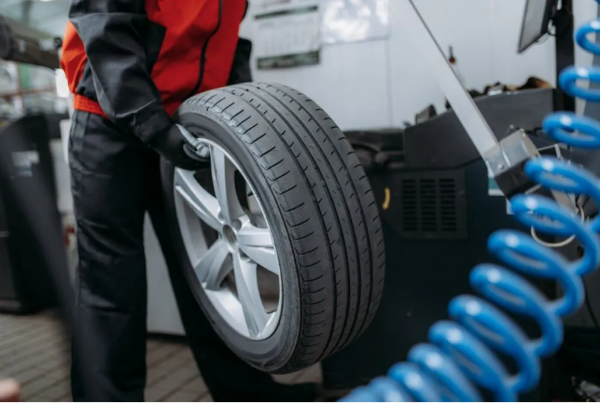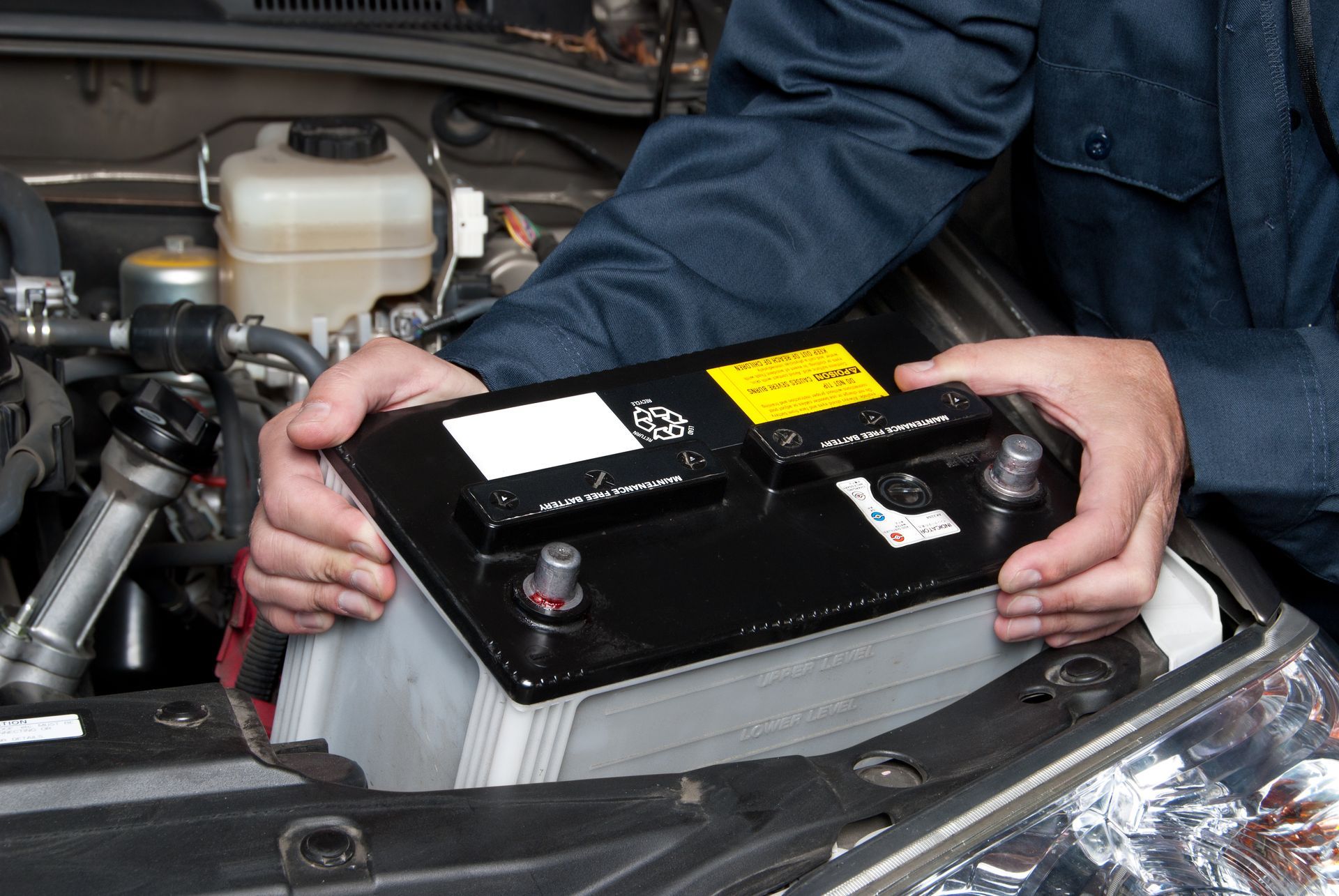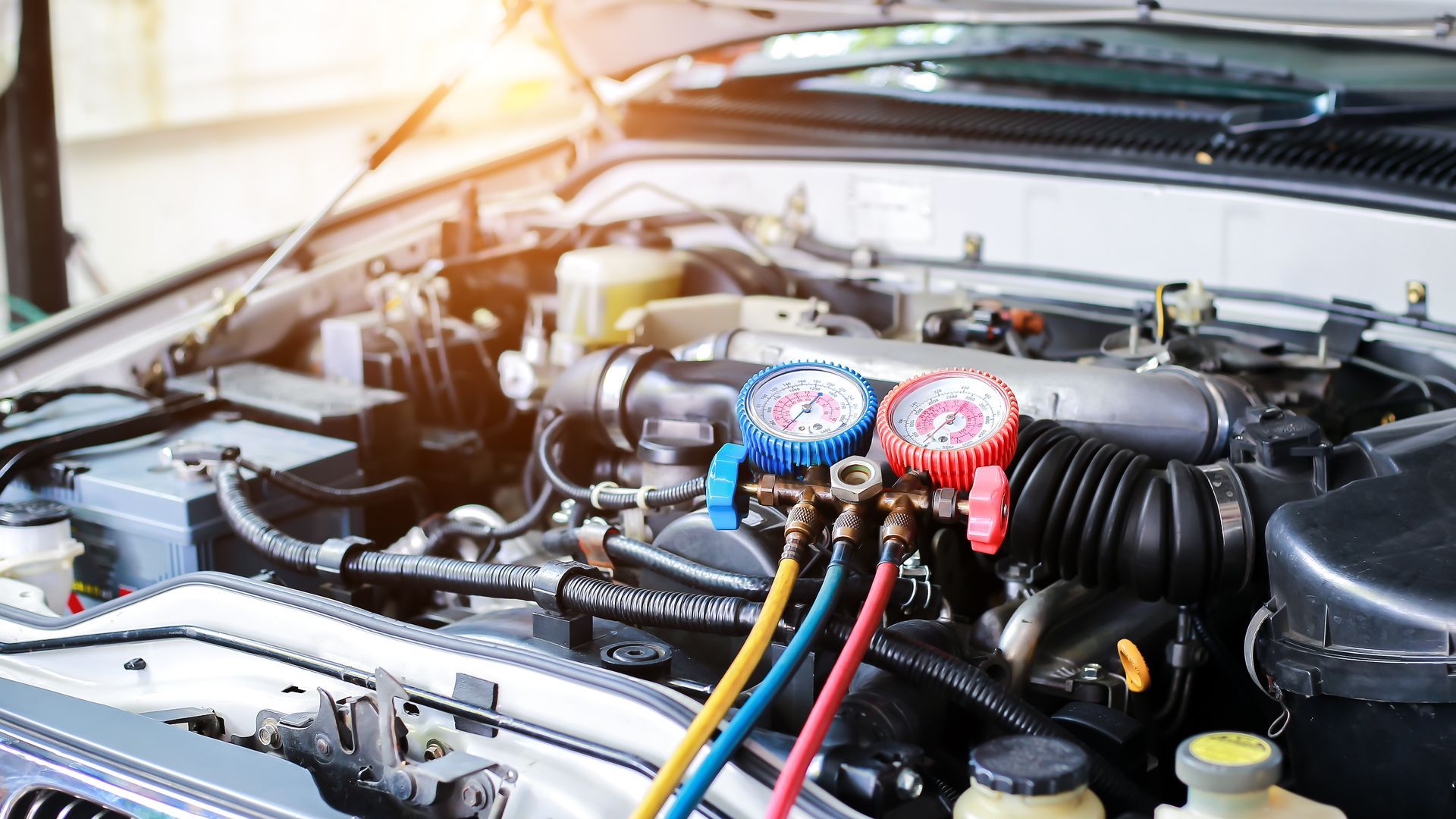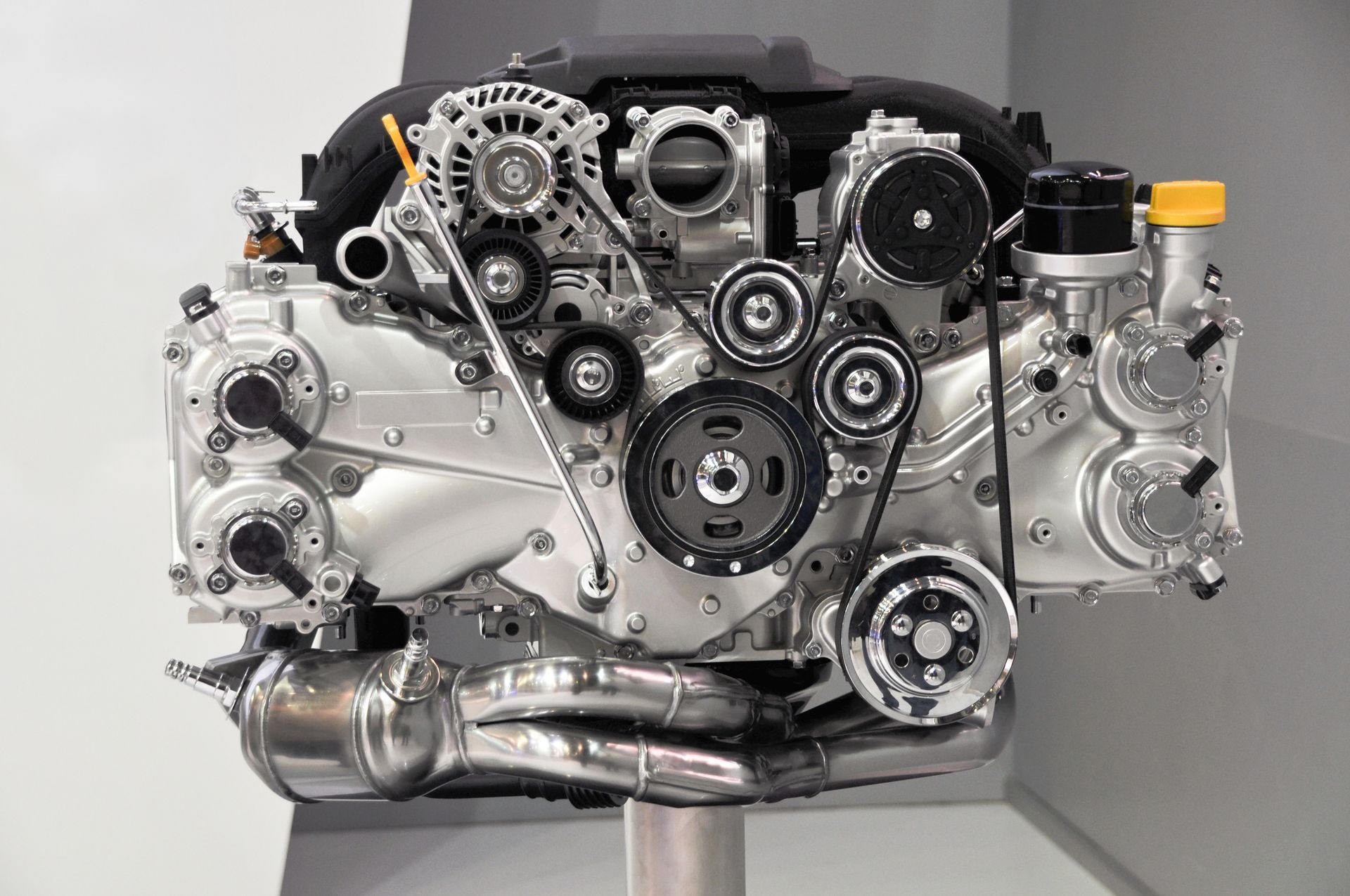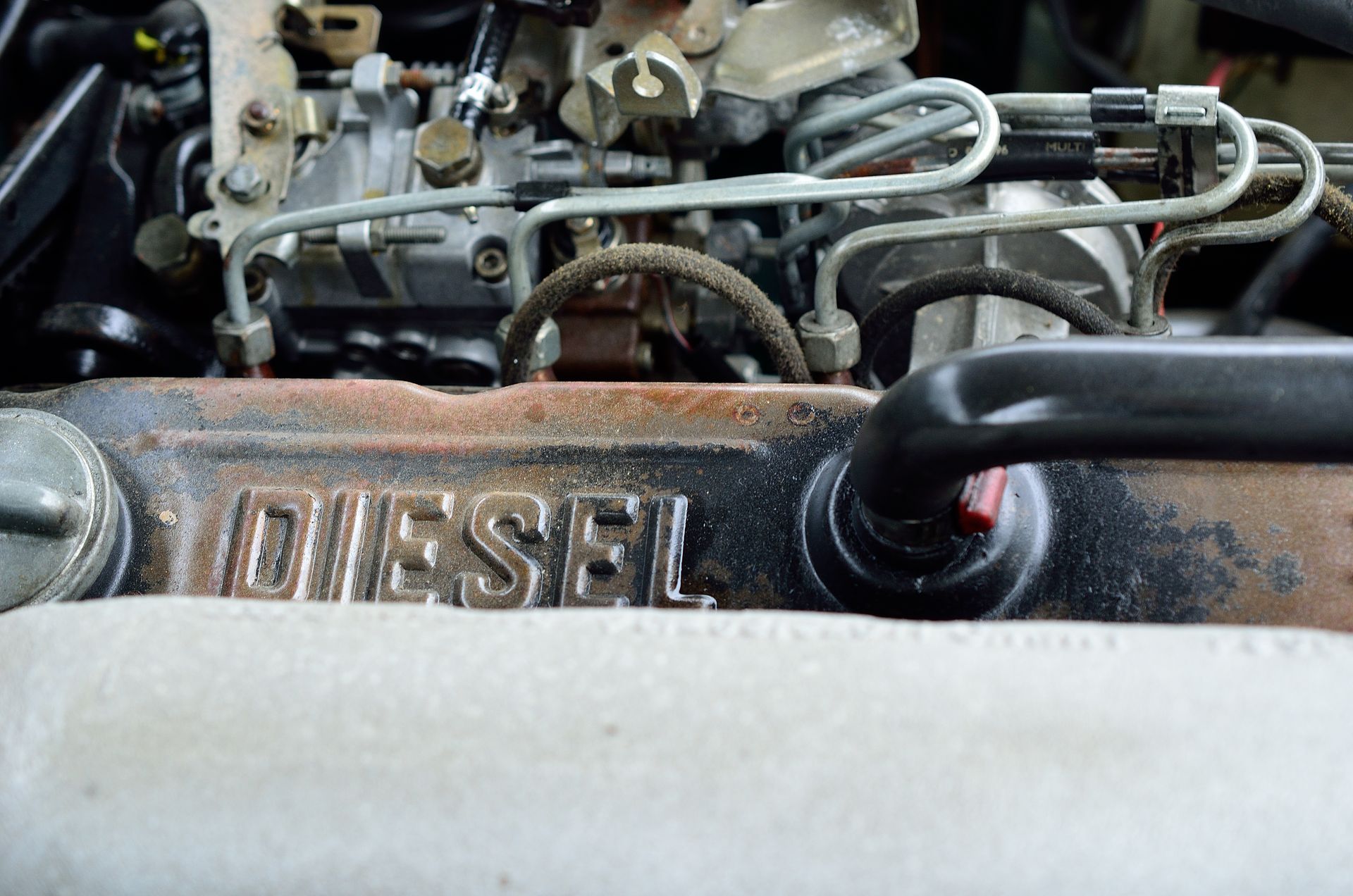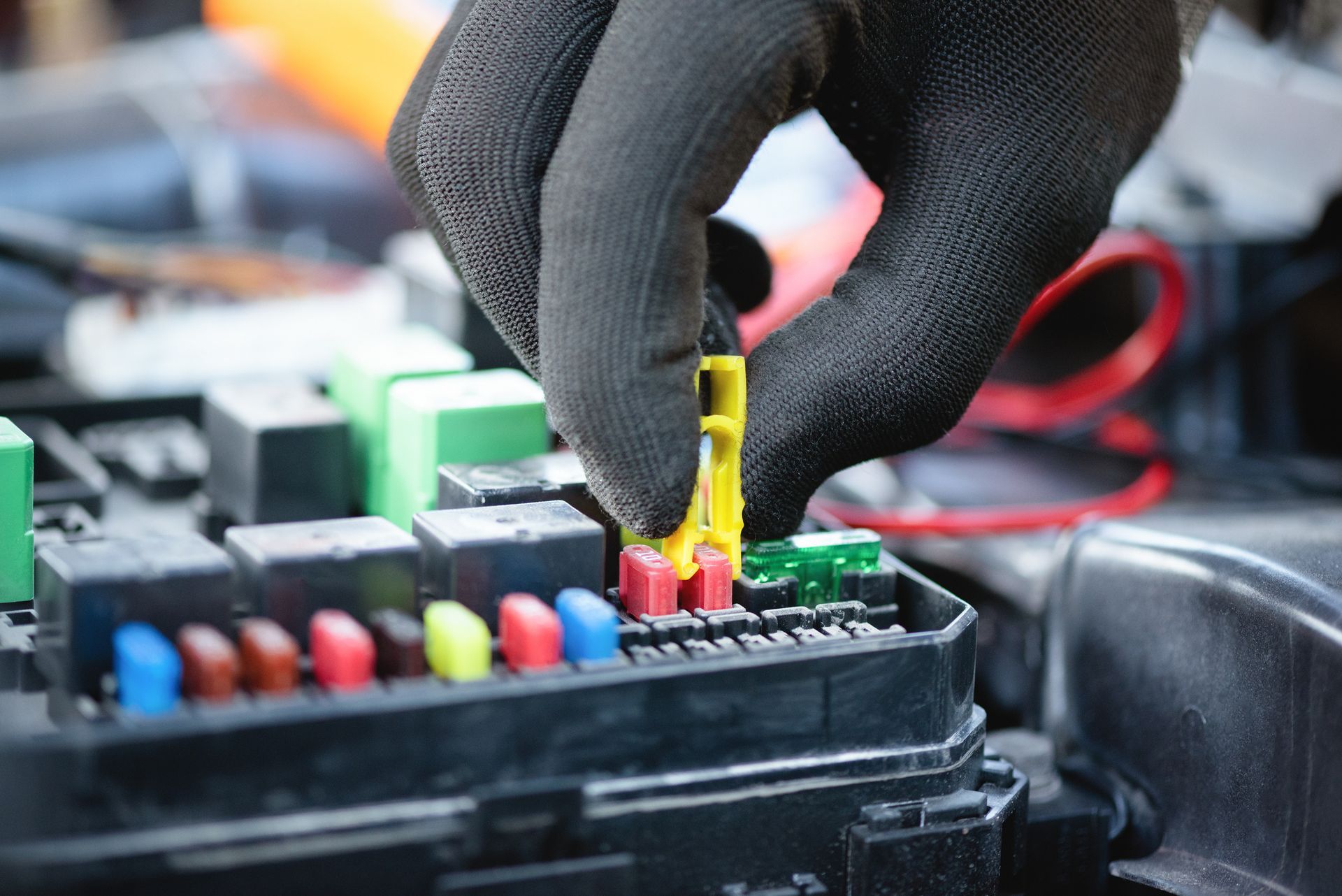If you drive a truck in Texas, chances are you’ve towed a trailer, boat, or camper at some point. Whether you're hauling for work or heading out for a weekend trip, towing puts extra stress on your vehicle. Making sure your truck is ready before you hook up a load is key to safety, performance, and avoiding damage.
Towing without the proper prep can lead to overheating, brake failure, transmission trouble, and even dangerous accidents. Here are seven critical checks every Texas truck owner should make before towing.
1. Inspect the Trailer Hitch and Connections
Start by checking your hitch. Look for cracks, rust, or signs of wear. Make sure the receiver, ball mount, and coupler are all rated for the weight you plan to tow. A mismatched or worn hitch can result in a trailer that sways, disconnects, or causes uneven pulling.
Don’t forget to secure the safety chains and ensure they cross under the tongue of the trailer. This creates a cradle if the hitch fails and helps keep the trailer aligned.
2. Check Tire Pressure and Tread on Both Truck and Trailer
Towing with underinflated tires increases rolling resistance, reduces fuel efficiency, and creates heat that can lead to a blowout. Check tire pressure on all tires, including your trailer, and inflate them to the manufacturer’s specifications.
Also, inspect the tread. Uneven wear or low tread depth can reduce traction and increase braking distance. If your trailer has been sitting for a while, watch for dry rot or sidewall cracking.
3. Test Brake Functionality
Your truck's brakes will be doing extra work when towing, especially on long grades or in traffic. Make sure the brake pads and rotors are in good condition and not near the end of their lifespan.
If your trailer has electric brakes, test the brake controller in the cab to confirm it activates properly. A properly functioning trailer brake system improves stopping power and reduces strain on your truck.
4. Verify Lights and Wiring
Faulty trailer lights are one of the most common issues during towing. Plug in the trailer and check that the brake lights, running lights, and turn signals are working. If something isn’t lighting up, inspect the plug, wires, and bulbs for damage or corrosion.
A working lighting system is required by law and helps other drivers see your intentions on the road.
5. Check All Fluids, Especially Transmission and Engine Oil
Towing increases engine and transmission workload. Before hitting the road, check your oil and transmission fluid levels. Make sure the fluids are clean and at the correct levels.
Dirty or low fluids increase the risk of overheating and can cause permanent damage when towing heavy loads. If your last oil change was months ago or you’re unsure when the transmission was last serviced, now is a good time to take care of it.
6. Examine Suspension and Shocks
Towing adds significant weight to your vehicle’s rear end. Weak or worn shocks and suspension components can cause sagging, poor handling, and even loss of control.
Look for signs of fluid leaks on shocks or struts, uneven stance, or clunking sounds while driving. Suspension problems become much more noticeable and hazardous when the truck is under load.
7. Balance and Secure Your Load
An unbalanced trailer can sway or put too much pressure on one part of your truck. Make sure your cargo is evenly distributed and that heavier items are centered over the trailer axles.
Always secure everything using ratchet straps or tie-downs. Loose items can shift during transit, throwing off your balance or falling into the road.
Towing Peace of Mind Starts at Brady’s Auto Repair and Diesel in Boerne, TX
Before your next haul, make sure your truck is ready to perform safely. At Brady’s Auto Repair and Diesel in Boerne, TX, we can help inspect your towing setup, brakes, tires, and fluid levels to ensure everything is in top condition. Whether you're preparing for work or adventure, a little time in the shop now can save you from major problems later.
Schedule a towing prep inspection and get the peace of mind you need before you hit the road.
